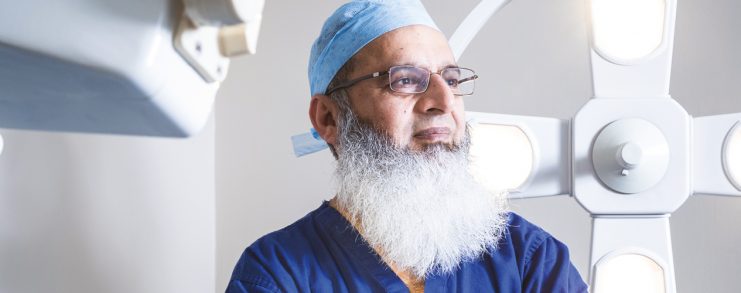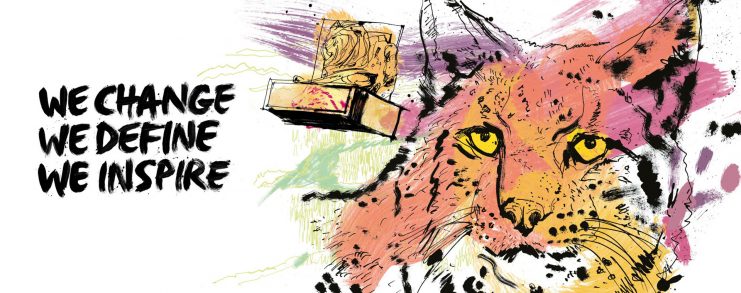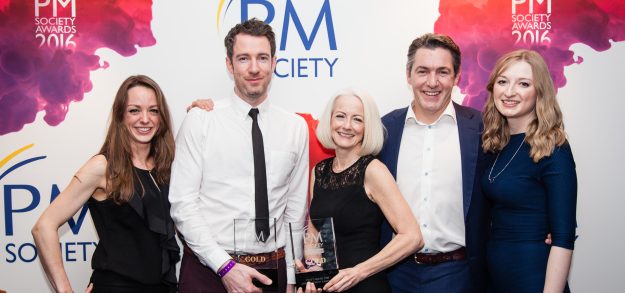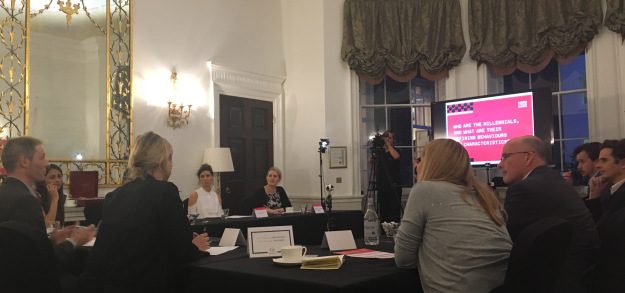Human purpose is the catalyst for better healthcare communications
How creativity helps providers, patients and carers
The rate of medical discovery is increasing exponentially, technologies that previously existed only in science fiction are now a reality, and the vast potential of data has finally been unlocked. The future of healthcare is exciting, and patient outcomes will improve. But by how much and how far will be based on our work as a creative community. The reality of the best and most advanced treatments making their way to patients across the globe depends on our ability to raise awareness, drive education and ensure universal adoption.
Not long ago, we were suffocated by #BadPharma and the historic conduct of our industry. We were guilty of championing our pills, our commercial success, our self-importance. As such, we were dismissed by the brightest creative talent, who instead chose to advertise the latest fashions, lifestyles, must-haves.
During the last decade, we have made incredible progress to change the behaviors, philosophies and ambitions of the pharma community, and as such, external perceptions. Human purpose is our priority, making a meaningful difference the catalyst to attract the most empathetic, the most passionate and the most brilliant creatives to our cause. Those who deny tradition, champion change and demand more.
Our job is to transform healthcare professionals (HCPs) into innovators, so they are the rule versus the exception. Ensure patients are educated and engaged—activists for their own health and that of others. Help unpaid carers to become project managers of care and the champions their loved ones need.
Every year, we see tens of thousands of HCPs retire to be replaced with a new breed of digital natives. For millennial HCPs, scientific knowledge remains the foundation of their profession. But as you would expect, their ability to use technology has transformed how they operate. The concept of learning via a textbook is now archaic, yet some of the best science is still hidden behind overwhelming reports, publications and data. To better support HCPs in this world, we need to leverage the latest technologies to ensure that for the right patient, at the right time, they have the right information. We also need to recognize the evolution in their characteristics. Today’s physician is more open to collaboration, many of them now harbor entrepreneurial tendencies, and, like wider society, they are visually conditioned. As we learned at Cannes, pharma can no longer celebrate our creativity, we need to deliver creativity for good powered by human purpose.
As part of my research series, I published a white paper Smiles That Save Lives, which explores the vital role of creativity on the subjective well-being of patients. Google discusses winning the moments that matter, and we need to do the same in healthcare. We need to make sure patients feel supported in the broadest sense, and that they are part of their solution. Engaged and empowered patients are the influencers. They are the heart of the community and broader crowd. They are critical in the credibility and cascade of information to the global community. For too long we have failed to connect with many of our patients. The clichéd smiling patient has been the easy solution. Today we must build partnerships at an emotional level, with understanding, empathy and human insight.
The third group we must consider is the “invisible army” of healthcare—carers. In the U.S., the value provided by informal caregivers—families, friends, neighbors—was estimated to be $470 billion in 2013, and increasing. Unpaid carers are the glue that holds healthcare systems together. To doctors they are the partners turning treatment plans into reality; for pharma companies they are the catalyst to success; and for patients they are everything. To unlock the true potential of carers, we must broaden our focus. We must tell better, more relevant, readily understandable human stories to ensure there is a true information exchange between the HCP, patient and carer, so that carers become the advocate patients so desperately need.
Purpose, empathy, humanity have always been the foundations of healthcare. It must now also be the building blocks of our communications.










